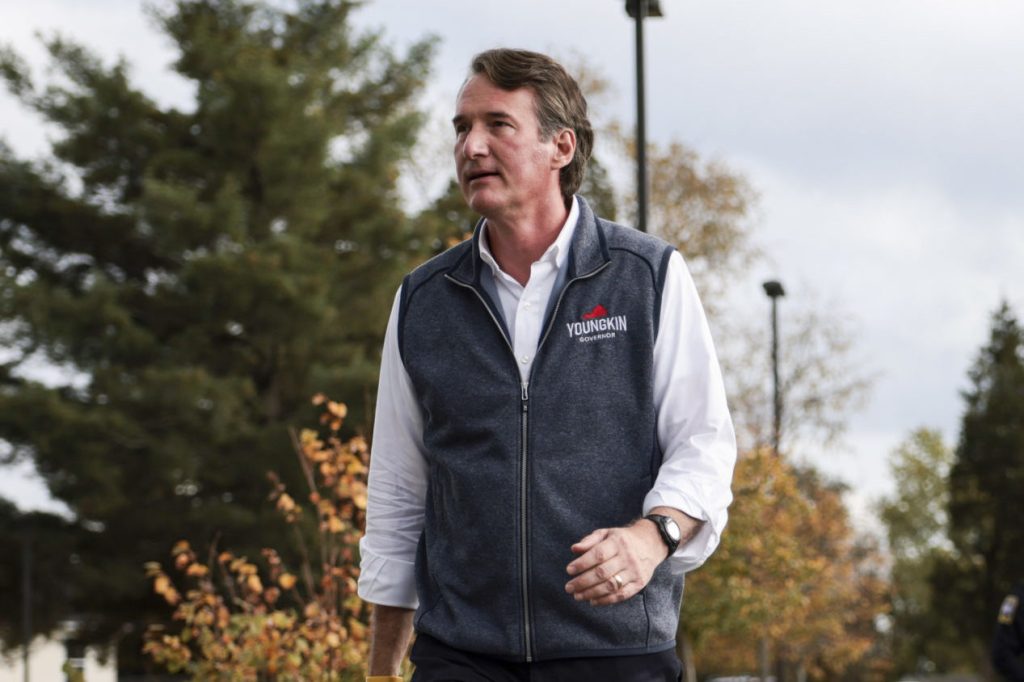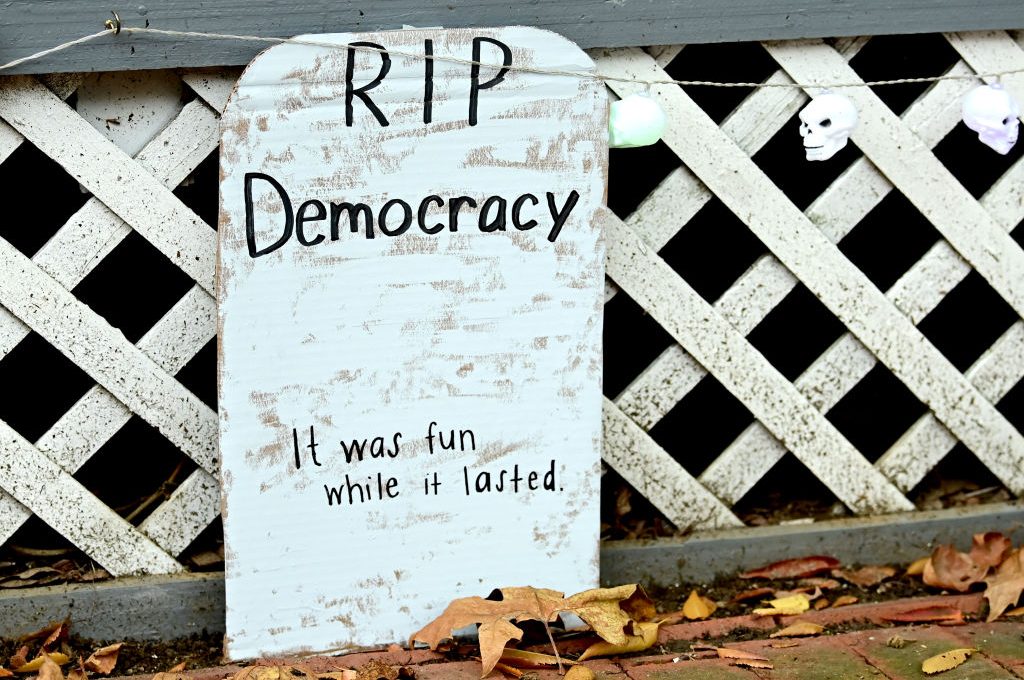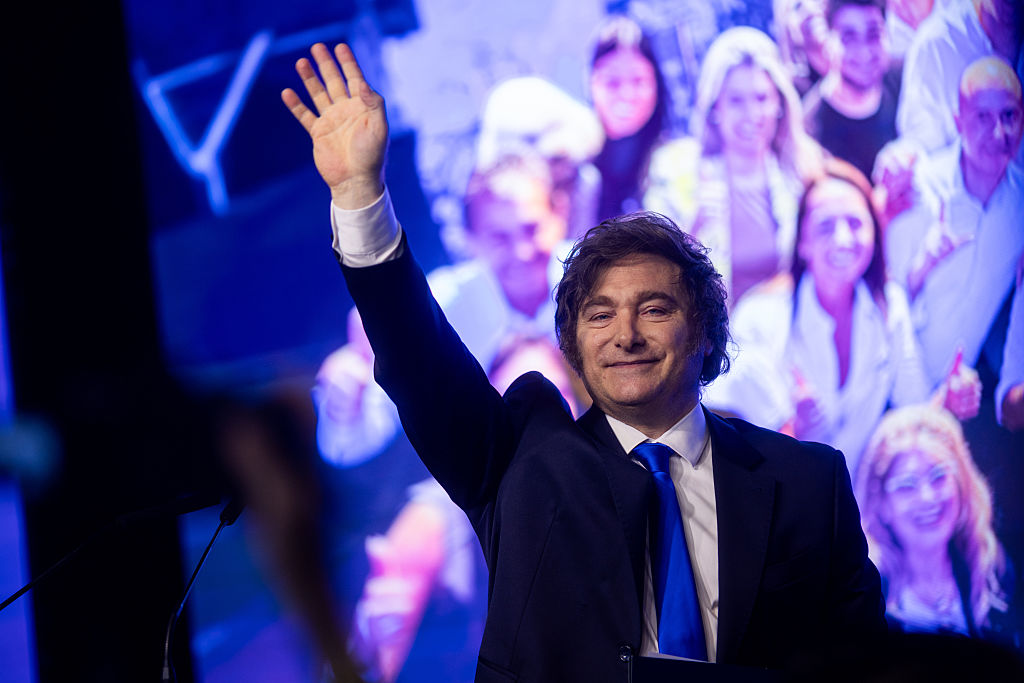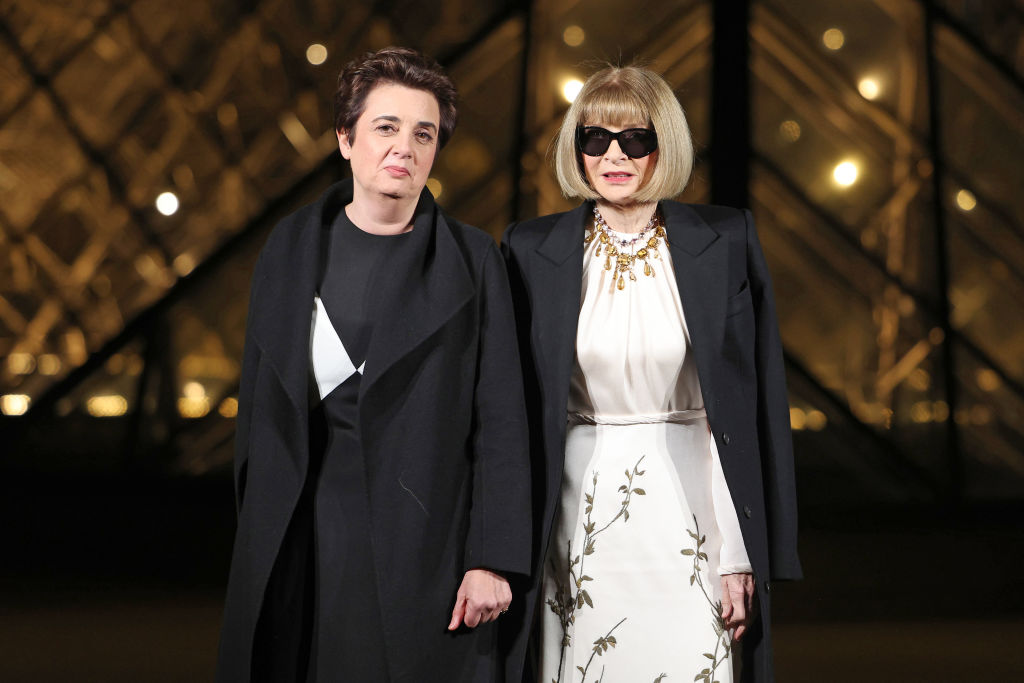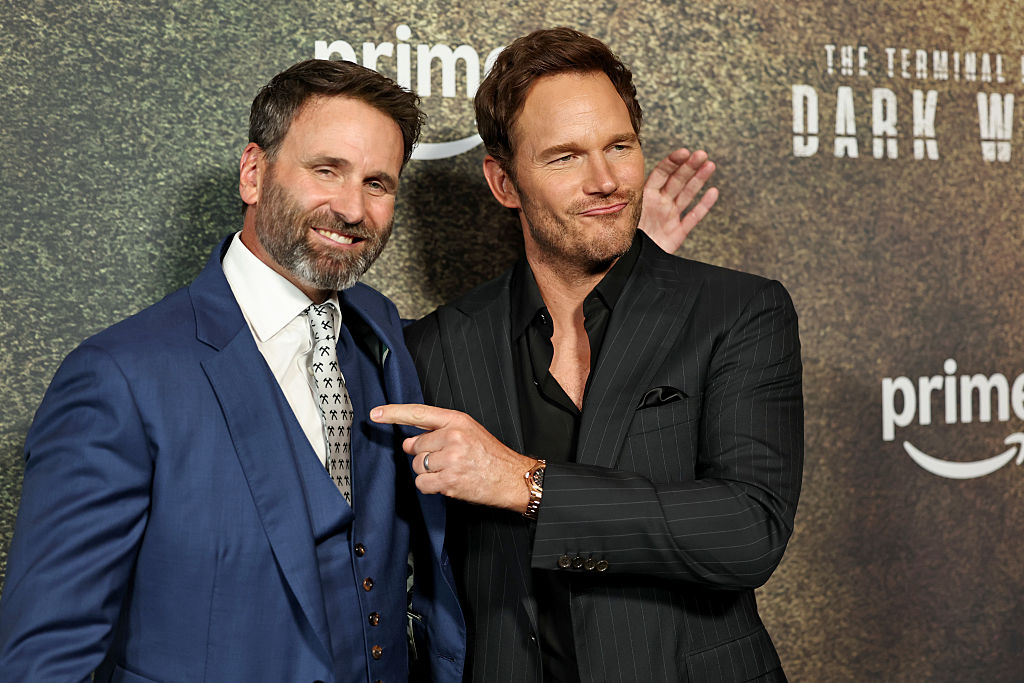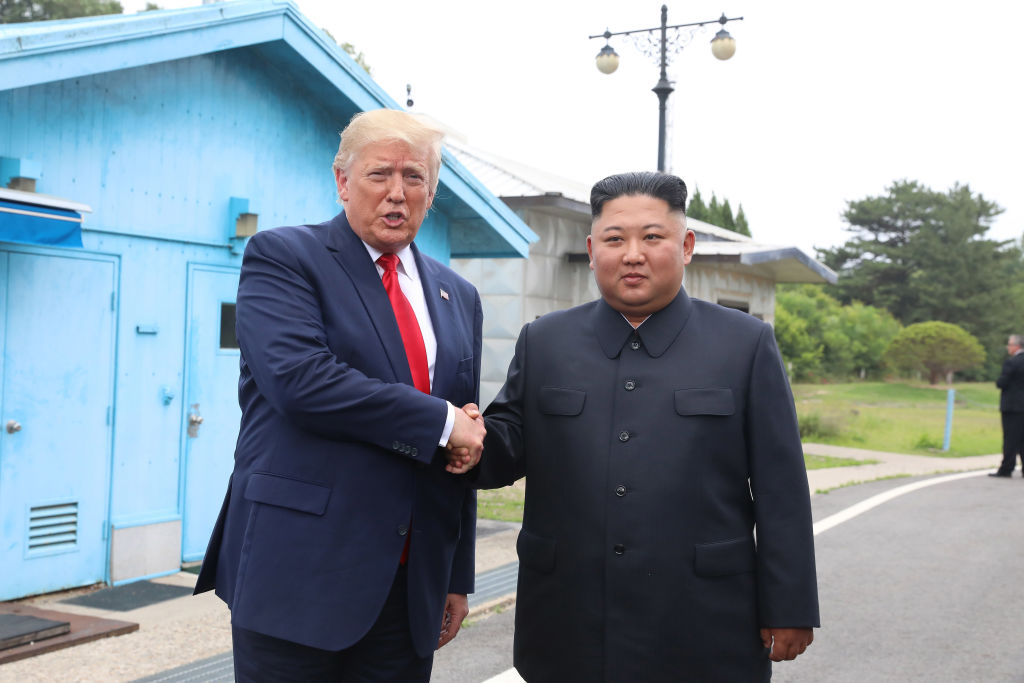As much as former Virginia governor Terry McAuliffe would like voters to believe it, Republican gubernatorial candidate Glenn Youngkin is not Donald Trump. Yet Youngkin has inspired the same level of desperation and hysteria as the former president from his opponents and the media.
The Lincoln Project celebrated Halloween a few days early this year by sending young Democratic activists to a Glenn Youngkin rally dressed as white nationalists. They came clad in the Charlottesville special: white button downs, khaki pants, camo hats and carrying tiki torches. Images of the trick initially spread on social media with the allegation that the individuals were Youngkin supporters. But it quickly unraveled as eagle-eyed conservatives identified the faux tiki torchers as local Democrats, and the Lincoln Project took credit for the event, presumably to allow the Virginia Democratic party to save some face for the failed stunt.
It was just the latest futile attack against Youngkin as his poll numbers keep rising. A recent Fox News poll had Youngkin up by eight percentage points. What is the secret to his success?
Whether he wins on Tuesday or not, Youngkin has shown the GOP that there is a smart way to unite the party in the post-Trump era. He is not anti-Trump; Youngkin accepted the former president’s endorsement, said Trump is part of the reason he decided to run for governor, and made election integrity a key component of his campaign. However, Youngkin is no lackey, opting not to actively campaign with Trump and declining to say the 2020 election was stolen. This attitude matches the Trump fatigue of moderate Republicans in Virginia but doesn’t condescend to those with “Trump 2024” signs in their yards.
It’s a delicate dance in a state that is split between the heavily blue DC suburbs and the red rural regions, but one Youngkin seems to have pulled off. This is primarily because Youngkin has localized the race. McAuliffe cries “Trump” at every turn and tries to tie Youngkin to the January 6 riots, while Youngkin focuses on education, rising crime and McAuliffe’s plan to raise taxes.
Trump has embraced the nascent candidate. In an email on Monday morning the former president said, “The Fake News media, together with some of the perverts doing ads ad nauseam on primarily Fox…are trying to create an impression that Glenn Youngkin and I are at odds and don’t like each other. Importantly, this is not true, we get along very well together.” But Youngkin’s hyper-focus on policy and kitchen table issues makes the Trump question feel considerably less important to Virginia voters and exposes McAuliffe’s relatively out-of-touch campaign.
Former president Barack Obama accused Youngkin supporters of peddling in “fake outrage” and “phony trumped-up culture wars” while campaigning for his opponent. Youngkin rejected this framework. He leaned in on the grassroots and bipartisan movement of Virginia parents against their local school boards on issues like COVID, critical race theory, transgenderism and the alleged cover-up of sexual assault. “Parents for Youngkin” signs abound in the front yards of family homes, and Youngkin’s most effective ads have hit McAuliffe for his claim that parents shouldn’t have a say in what their kids are taught in school. This approach challenged the “wisdom” of the Republican establishment, which scoffed when Trump fought culture wars and accused him of distracting from “real” issues. Youngkin has proven that there is electoral merit in unapologetically pushing back on the left’s cultural creep, especially when it is coupled with policies and focused on capturing key suburban voters.
Youngkin’s campaign shows that Republican candidates can still be successful outside of hitching their wagons to Trump. More importantly, it shows that conservatism can still be attractive to non-base voters without capitulating to the left. This should be welcome news for the GOP as it tries to reestablish its identity ahead of the 2022 midterms.



